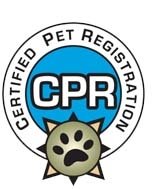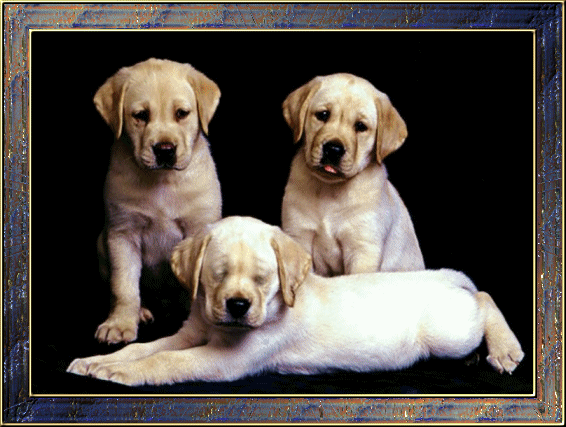AMERICAN PIT BULL TERRIER Breed Standards
The modern American Pit Bull Terrier (APBT) can trace its roots back to England and the early 19th century. Crosses between “bully” type dogs and terriers eventually produced the modern APBT. Although not recognized as a “breed” and much smaller than the modern APBT, the early “bulldogs” were used as working dogs, controlling unruly bulls for butchers as well as farmers.
The year 1835 saw the end of deadly bull baiting (countless thousands of dogs lost their lives to this “sport”) and the emergence of an even more sinister blood sport - dog fighting.
SKILLS: The Pit Bull immediately strikes one as being a dog of power, passion, and undying willingness. The brick-like head, which is especially broad between the cheeks (to house the powerful jaws), is carried upon a thickly muscled, well-defined neck. The neck runs into a deep, thick, well-sprung chest. The American Pit Bull is a very muscular, stocky, yet agile dog which is extremely strong for his size. The ears are generally cropped, though this is optional. Docked tails are not accepted by the UKC or the ADBA. The eyes are round, and any color is acceptable. The teeth should form a scissors bite
SIZE: Height: 18-22 inches (46-56 cm) Weight: 22 -110 pounds (10-50 kg)
COAT: Its coat is made up of thick, short, shiny hair. All colors are admissible. The tail tapers to a point.
CARE REQUIRED: A generally healthy breed, although some are prone to hip dysplasia, hereditary cataracts, allergies to grass and congenital heart disease. The smooth, short-haired coat is easy to groom. Brush regularly with a firm bristle brush, and bathe or dry shampoo as necessary. A rub with a piece of toweling or chamois will make the coat gleam. This breed is an average shedder.
CHARACTER: The American Pit Bull Terrier is a good-natured, amusing, extremely loyal and affectionate family pet, which is good with children and adults. Almost always obedient, it is always eager to please its master. It is an extremely courageous and intelligent guard dog that is very full of vitality. Highly protective of his owners and the owner's property, it will fight an enemy to the death. It is usually very friendly, but has an uncanny ability to know when it needs to protect and when everything is okay. The American Pit Bull Terrier can be willful and needs a firm hand. They are generally okay with other pets if they are raised with them from puppy hood. For the most part they are very friendly, but not recommended for most people. Excellent with children in the family, they have a high pain tolerance and will happily put up with rough child play. As with any breed, they should not be left alone with unfamiliar children. Originally used as fighting dogs, the powerful American Pit Bull may go for the throat of strange dogs.
TRAINING: A minimum of training will produce a tranquil, obedient dog. Socialize very thoroughly when young to combat aggressive tendencies and be sure to keep the dog under control when other dogs are present.
SOCIAL BEHAVIOR: When properly trained and socialized, this is a very good dog and a great family companion. American Pit Bull Terriers must have plenty of regular exercise, but keep them leashed in public to avoid fights with other dogs
EXERCISE: Pits will do okay in an apartment if it is sufficiently exercised. They are very active indoors and will do alright without a yard provided they get enough exercise. Prefers warm climates.



